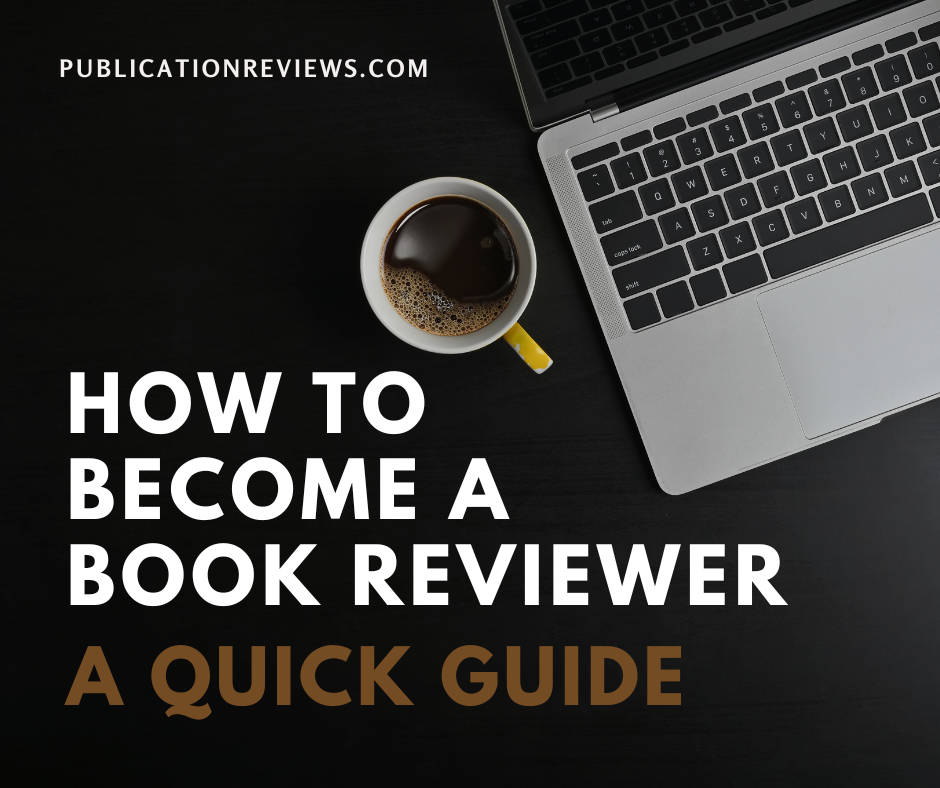Have you ever wondered if you can earn by reading books and giving feedback about them? You can do it if you want to be a book reviewer.
There are things you need to learn if you want to become a successful book reviewer. First of all, you need to understand what a book review is.
WHAT IS A BOOK REVIEW?
A book review analyzes a text, circumstance, thing, or event. Reviews can cover anything from articles to books to whole literary fields or genres to restaurants, policies, exhibitions, concerts, and a wide variety of other things.
A review, above all, presents an argument. A review’s ability to provide commentary rather than just a synopsis is its most crucial component. It allows you to interact and converse with the piece’s author and other audiences. You can express agreement or disagreement and point up areas where the work’s information, conclusions, or organization should be improved. It would help if you told your judgment of the work in question. That statement will probably resemble other academic writing styles, including a thesis statement, body paragraphs that support it, and a conclusion.
4 THINGS TO REMEMBER IN BECOMING A BOOK REVIEWER
Read a Lot of Books.
If you already have a passion for reading or if you’re interested in pursuing a career as a professional book reviewer or critic. If not, you should probably consider switching careers because the task will become less pleasant once you start working under pressure.
Regardless of how many books you now read, set a goal to read more. Maintaining a reader might make it easier to reflect on what you’ve read, get acclimated to reading on demand, and process your sentiments around a book more effectively.
However, the primary reason you should read as many novels as possible is to thoroughly understand your chosen genres, their history, sub-genres, most significant writers, and significant works.
Studying reviews of other books is also beneficial. The same advice frequently given to aspiring authors to read widely within their field also applies to you as a book critic if you want to develop your art. Look for a few outstanding reviews whose writing style you admire, then consider how you may adapt it to add your distinctive voice.
Stick to the Review Guidelines.
You must thoroughly follow review rules regardless of which platform you are using.
It can save you a lot of rejections or revision requests. Some platforms have precise requirements for the format of reviews, so always do your research if you want to save time and make a good impression.
Keep Your Reviews Informative.
Of course, you should express your thoughts in your reviews, but you should always keep the reader in mind. Your studies essentially determine whether or not other readers decide to purchase the book.
While being sincere, remember that not everyone has the same preferences as you. As a result, even if you are confident that a book wasn’t your ideal, try to think about whether there are unique readers who would like the book. And always be sure to state your position, whether it’s in response to positive or negative feedback.
By writing insightful evaluations, you may establish yourself as a reliable source that people can rely on.
Pick Your Favorite Genres.
Suppose you tell publishers that you can evaluate anything. Even if you read everything, you probably won’t receive much more than a few sneers. Instead, it’s preferable to specialize in one or a select few genres and learn everything there is to know about them.
Additionally, you want to be the first person an editor thinks of when they need a reviewer for a specific genre. Instead of being known as a general reviewer, it is preferable if they regard you as a reliable authority in one or two.
Because you will be knowledgeable about the landscape of the genre, you will be able to make your reviews more beneficial and insightful.


